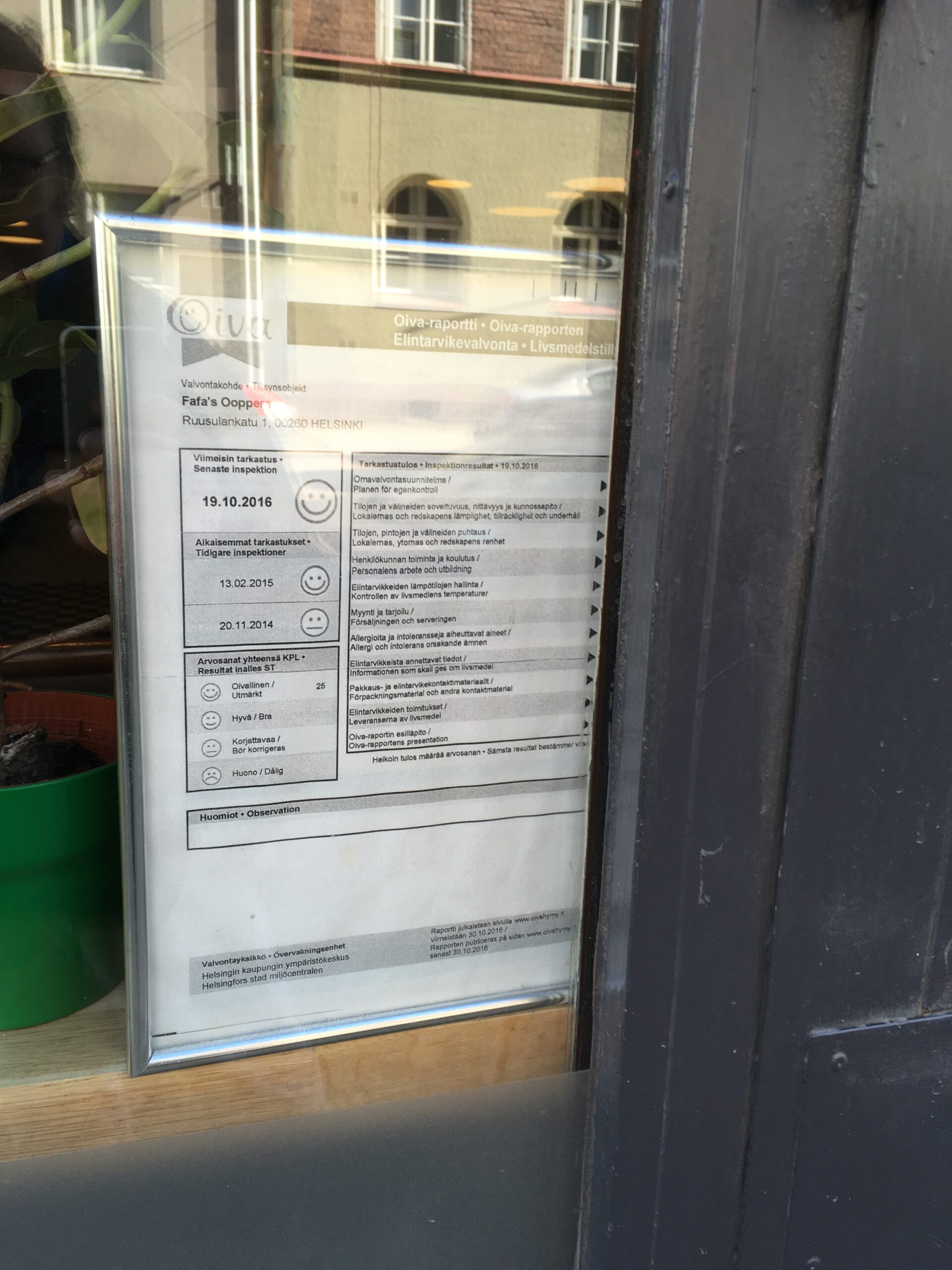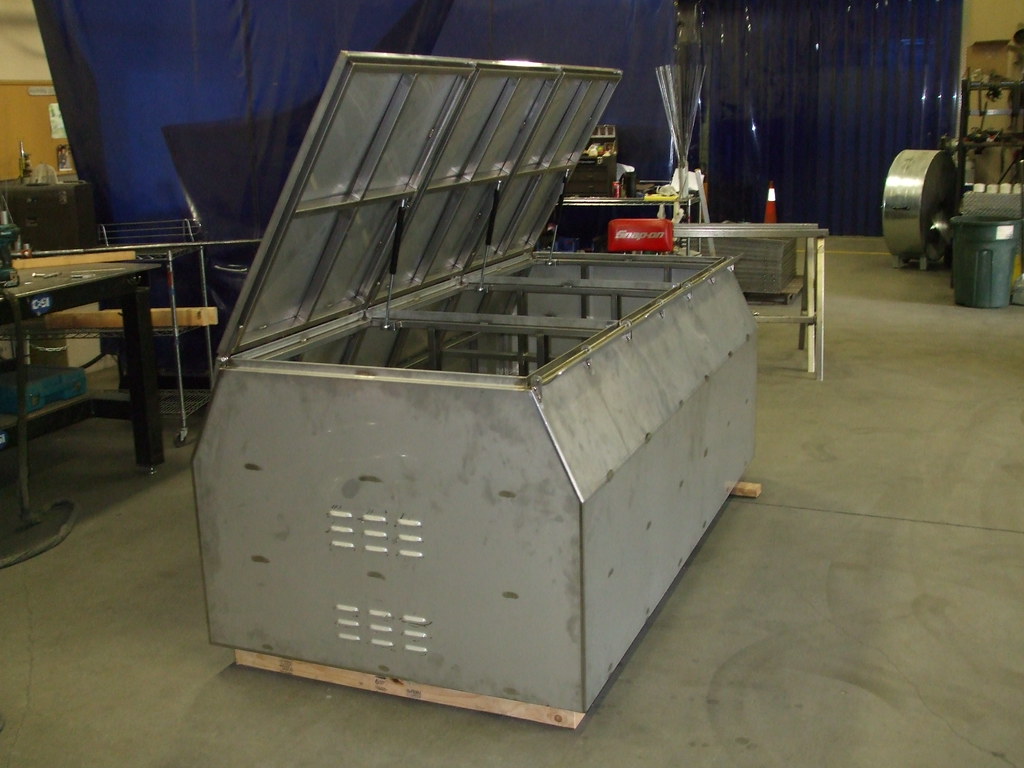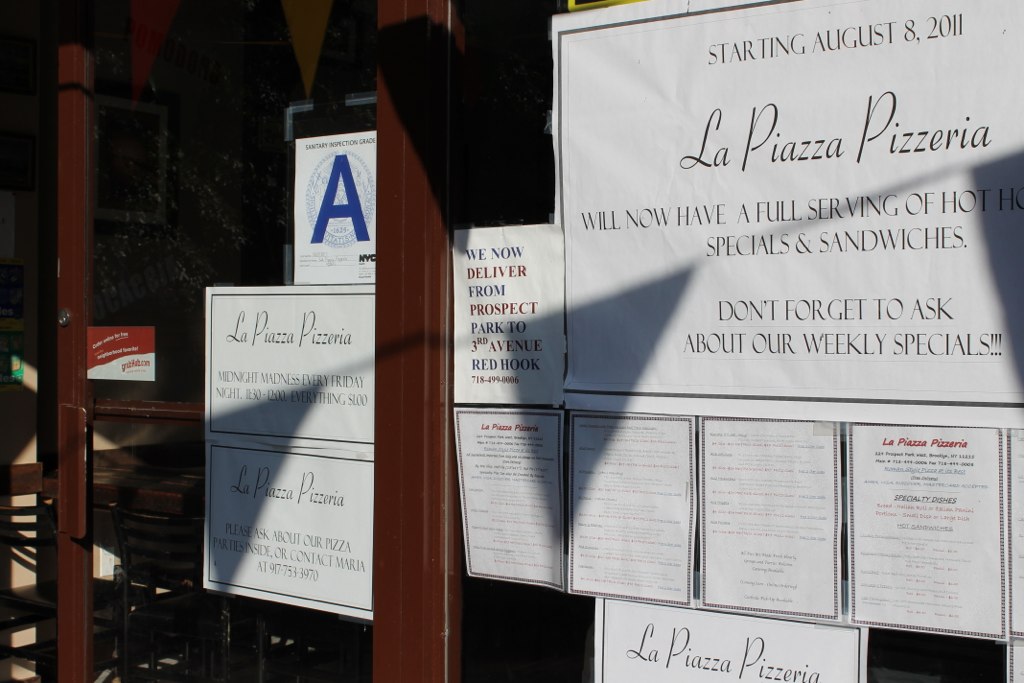Running a successful restaurant involves more than serving delicious food. Ensuring compliance with health and safety standards is critical for protecting your patrons, staff, and business reputation. Restaurant inspections are an integral part of maintaining these standards and preventing issues that could harm your establishment. Solution One Inspectors made a comprehensive guide where we’ll explore the importance of restaurant inspections, what to expect, and how to prepare for them effectively.
Why Restaurant Inspections Are Crucial for Business Owners
Restaurant inspections play a pivotal role in ensuring food safety and protecting your business. Here are the key reasons why they are so vital:
1. Protecting Public Health
Health inspections are designed to prevent foodborne illnesses by identifying potential risks in your establishment. From improper food storage to inadequate hygiene practices, these inspections help mitigate hazards that could endanger your customers.
2. Compliance with Regulations
Every jurisdiction has specific health codes and standards that restaurants must follow. Regular inspections ensure your business complies with these regulations, avoiding fines, penalties, or even closure.
3. Building Customer Trust
A restaurant that consistently passes health inspections demonstrates a commitment to safety and quality. Customers are more likely to dine at establishments they trust to maintain high standards of cleanliness and food safety.
4. Preventing Financial Losses
Failing an inspection can result in hefty fines, lawsuits, or loss of business. Proactively addressing potential issues through regular inspections saves money and protects your bottom line.
5. Boosting Employee Accountability
Regular inspections foster a culture of accountability among staff. When employees understand the importance of food safety and hygiene, they are more likely to follow protocols and uphold standards.
Restaurant inspections are not just regulatory requirements; they are opportunities to demonstrate your commitment to excellence and safety.

Understanding the Key Elements of a Restaurant Inspection
To prepare effectively, it’s important to understand what inspectors evaluate during a visit. Here are the primary areas of focus:
1. Food Storage and Handling
- Proper refrigeration and storage temperatures to prevent spoilage.
- Correct labeling and rotation of ingredients to avoid contamination.
- Adherence to first-in, first-out (FIFO) principles.
2. Kitchen Cleanliness
- Sanitation of food preparation surfaces, utensils, and equipment.
- Disposal of waste and proper pest control measures.
- Maintenance of clean floors, walls, and ceilings to prevent buildup.
3. Employee Hygiene
- Handwashing practices and use of gloves when handling food.
- Proper attire, including hairnets or hats, to prevent contamination.
- Awareness of health policies to ensure ill employees do not work.
4. Cooking and Holding Temperatures
- Monitoring of food temperatures during preparation and storage.
- Ensuring hot foods are kept above 135°F and cold foods below 41°F.
- Regular calibration of thermometers.
5. Customer Areas
- Clean and well-maintained dining areas, restrooms, and entrances.
- Proper sanitation of high-touch surfaces such as tables and menus.
Inspectors evaluate these elements to ensure compliance and identify areas for improvement. Familiarizing yourself with these key areas allows you to proactively address potential violations.
How to Prepare for a Successful Restaurant Inspection
Preparation is the key to passing a restaurant inspection with flying colors. Follow these steps to ensure your establishment is ready:
1. Conduct Self-Inspections
Regularly perform internal audits to identify and resolve issues before an official inspection. Use a checklist that mirrors local health department guidelines to ensure thoroughness.
2. Train Your Staff
Provide ongoing training on food safety and hygiene practices. Ensure employees understand the importance of health regulations and how to adhere to them during daily operations.
3. Maintain Proper Documentation
Keep records of temperature logs, pest control visits, and cleaning schedules. Inspectors often review these documents to verify compliance.
4. Address Common Violations
Proactively correct issues such as cross-contamination risks, improper food storage, or expired ingredients. Regular maintenance and organization can prevent these common problems.
5. Foster a Clean Environment
Implement a routine cleaning schedule that includes deep cleaning of kitchen equipment, storage areas, and customer spaces. Cleanliness is a major focus during inspections.
6. Stay Updated on Regulations
Health codes and regulations may change over time. Stay informed about updates to ensure your restaurant remains compliant.
By taking these steps, you’ll create a safe and compliant environment that meets inspection standards and ensures customer satisfaction.

Common Violations Found During Restaurant Inspections
Understanding common violations can help you avoid them. Here are some of the most frequently cited issues:
1. Improper Food Storage
Failing to store food at the correct temperatures or using unlabeled containers are common mistakes. Always label and date stored items and ensure refrigeration units are functioning properly.
2. Cross-Contamination
Using the same cutting boards or utensils for raw and cooked foods can spread harmful bacteria. Implement strict protocols for separating raw and ready-to-eat foods.
3. Inadequate Handwashing
Handwashing violations are among the most cited issues. Ensure employees wash their hands thoroughly and frequently, especially after handling raw ingredients.
4. Dirty Equipment and Surfaces
Food preparation areas and equipment must be sanitized regularly. Neglecting this can lead to contamination and health code violations.
5. Pest Infestations
Signs of pests, such as droppings or damaged food packaging, are serious violations. Schedule routine pest control services to keep your establishment pest-free.
Addressing these violations proactively ensures a smooth inspection and a safer dining experience for your customers.
How Restaurant Inspections Impact Your Business Reputation
The results of a restaurant inspection can significantly influence public perception of your establishment. Here’s how:
1. Positive Customer Reviews
Passing inspections with high scores boosts your reputation and increases customer trust. Highlighting these results in your marketing materials can attract more patrons.
2. Increased Customer Loyalty
Customers are more likely to return to a restaurant they perceive as safe and hygienic. Consistently meeting health standards fosters loyalty and encourages repeat business.
3. Avoiding Negative Publicity
Failing an inspection can result in fines, closures, and bad press. In today’s digital age, negative news spreads quickly, potentially harming your reputation and sales.
4. Differentiating from Competitors
Maintaining high health standards sets you apart from competitors. Customers value cleanliness and safety, making it a key differentiator in a crowded market.
Your inspection results directly impact your brand’s image. By prioritizing compliance and excellence, you strengthen your position in the industry and build lasting trust with your customers.

Frequently Asked Questions
1. What happens during a restaurant inspection?
Inspectors evaluate your establishment’s compliance with health and safety standards, focusing on food storage, cleanliness, employee hygiene, and cooking practices. They document any violations and provide guidance for improvement.
2. How often are restaurant inspections conducted?
The frequency varies by location and type of establishment. Typically, inspections occur annually, though high-risk establishments may be inspected more frequently.
3. What should I do if I fail an inspection?
Address the violations promptly and implement corrective actions. Schedule a re-inspection to demonstrate compliance and resolve outstanding issues.
4. Can I appeal an inspection result?
Yes, most jurisdictions allow business owners to appeal inspection findings. Contact your local health department for details on the appeals process.
5. How can I access my restaurant’s inspection history?
Inspection histories are often available online through local health department websites. Reviewing these records can help you identify trends and areas for improvement.
Restaurant inspections are a vital aspect of running a safe and successful business. By understanding the inspection process, addressing common violations, and fostering a culture of compliance, you protect your patrons, staff, and reputation. Take the necessary steps to prepare for inspections and position your restaurant as a trusted choice for diners. Contact Us today for your restaurant inspection and take your business to the next level.






